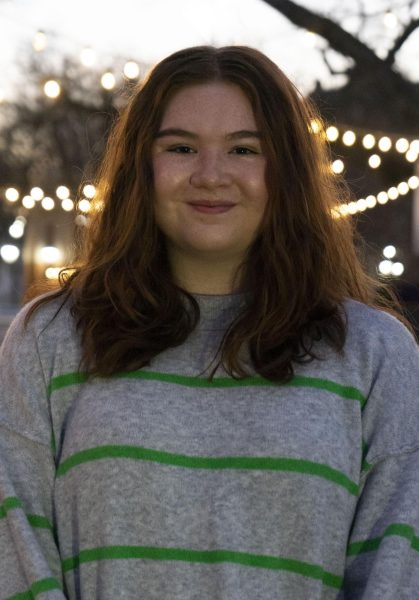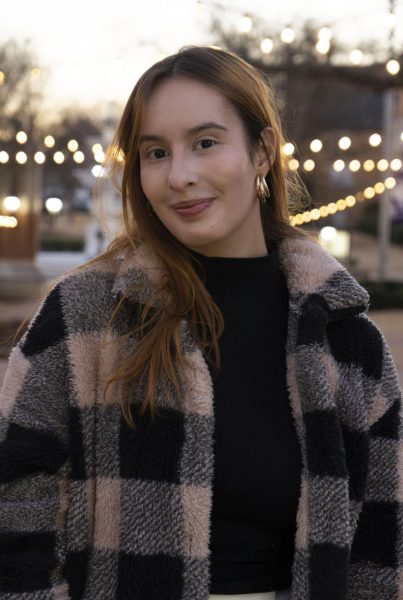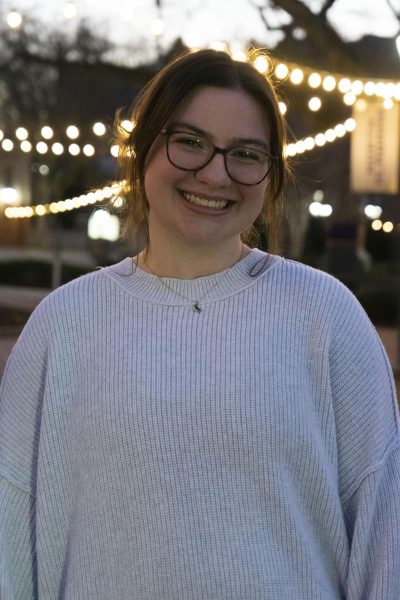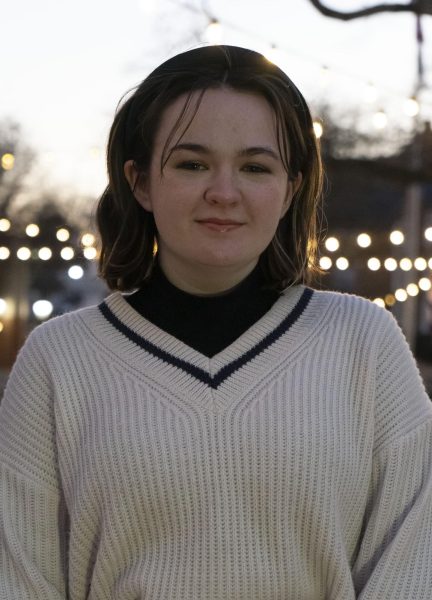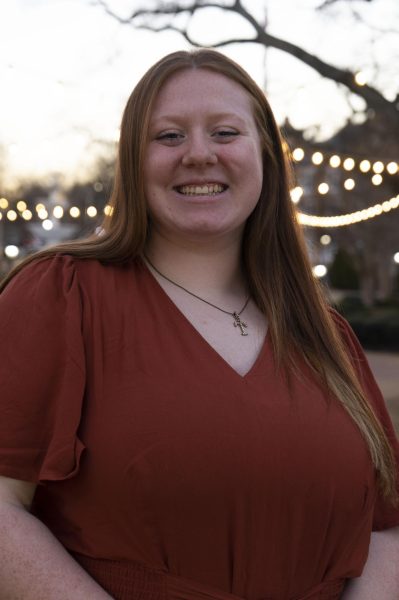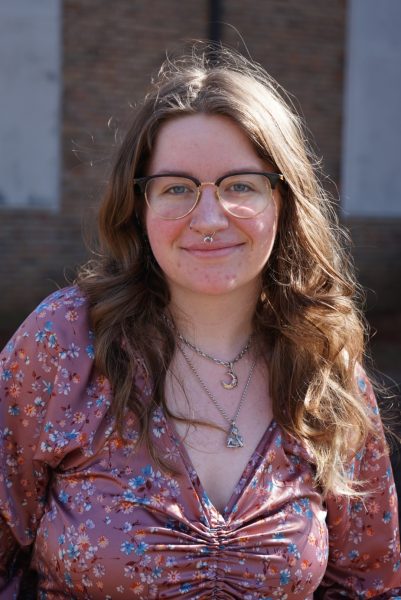Campus and community care for lion mascots
September 11, 2015
Leo III and Una are in captivity, yes. They are not being raised in Africa. They are not part of a pride. They are not hunting for their food, as is innate to them. But are they suffering? Of course not.
Anyone who has taken the time to engage the lions or their caretaker, Anne Howard, knows they are loved, cared for and treated with utmost respect.
Every day, Howard walks onto campus at 7 a.m. to care for the animals she has raised since they were cubs napping in her living room. She feeds them, she cleans their cages and she pets on them as if they were no more than housecats.
Our mascots are loved by an entire community. They are fed daily. They are litter-box trained. They have toys. They play. They are not two of the 7.6 million animals entering shelters this year. They are not two of the 1.4 million cats shelters euthanize each year.
Furthermore, they are not in the care of People for the Ethical Treatment of Animals. They are not in the custody of an organization with an 82 percent kill rate for 2013. They are not in the custody of an organization that equates genocide with animal cruelty. They are not in the custody of an organization that dresses as hate organizations to protest the Westminster Dog Show.
Our lions are not in the custody of hypocrites, nor are they owned by people who value animals at the expense of their own kind.
Our lions are loved by a community that understands they are a gift and a privilege, not a right.
Until PETA learns how to care for their own animals, the majority of which are dead or tossed into trash bins without proper disposal, they have no right to tell us our animals are miserable as they play with their latest birthday presents or lounge in the shade.
Carrie Reed, a senior and vegetarian, said it best: “When you think about their captivity and seemingly pretty happy life in comparison to the suffering that goes on in something like the meat industry, it seems like small potatoes. I’m a proponent of animal welfare. So, I get over those small potatoes and focus on the greater suffering instead.”


